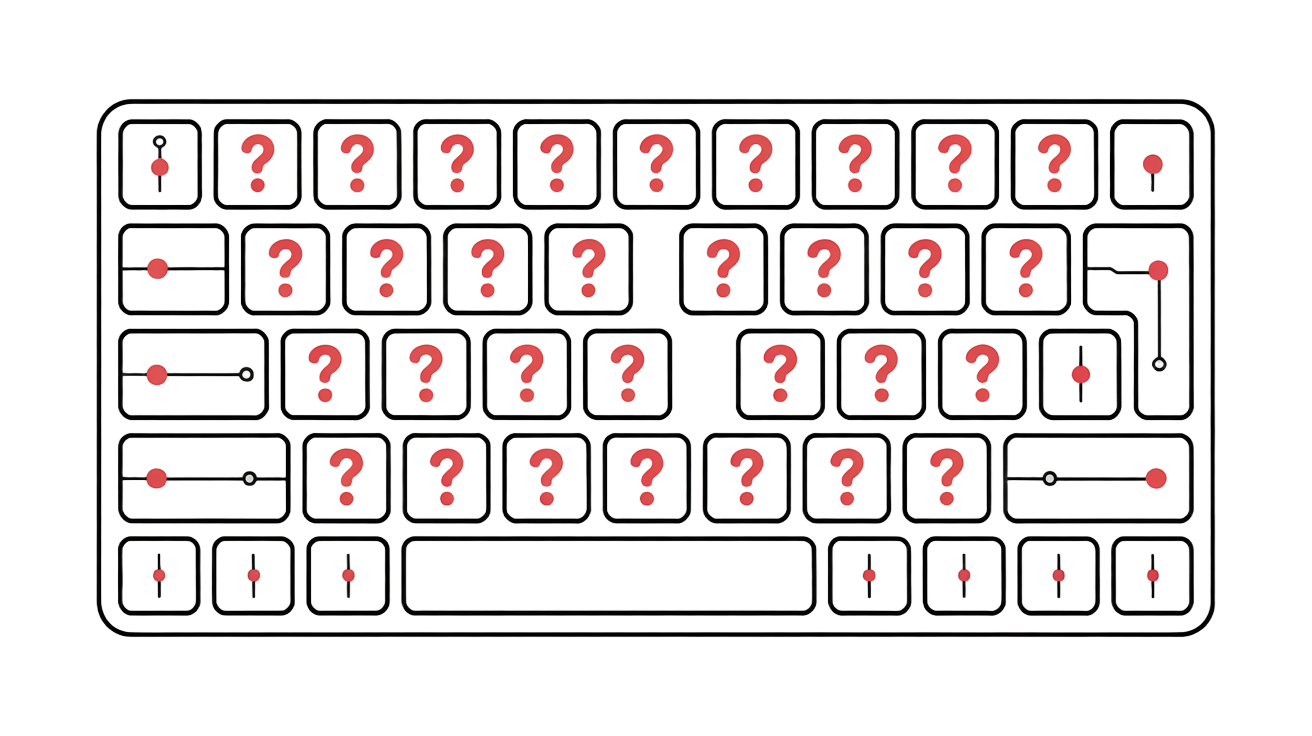Your AI Is Only as Smart as Your Questions
Why Your Prompts Are Holding Back Your Results
Hey Adopter,
If we assume that AI has all the answers, wouldn't it be reasonable for us to get better at asking questions?
While everyone fights over which AI has the best features, the real champions are quietly mastering a different skill—asking questions that extract 10x more value from the exact same tools you already have.
In your company right now, someone is uncovering breakthrough insights while others get mediocre results from identical AI—the difference isn't the technology, it's the questioning technique.
The Million Dollar Skill No One Is Teaching
The dirty secret of AI adoption? The most valuable skill isn't coding or data science—it's learning how to ask questions that break through AI's limitations. According to the McChrystal Group, "the art of asking the right questions is emerging as a critical competency" in the AI era.
Most people use AI like it's Google on steroids. They ask direct, surface-level questions:
"Write me an email to my team about the Q3 goals"
"Summarize this research report"
"Create a project timeline for our product launch"
These basic prompts get basic results. They're the corporate equivalent of asking for directions when you already know the address.
Three Questioning Frameworks That Deliver Exceptional Results
The AI champions I work with have mastered three questioning frameworks that consistently outperform standard approaches:
1. The Pattern Recognition Prompt
What most professionals ask: "Analyze these sales numbers and tell me what you see."
What actually works: "Look at this data and tell me what surprises you or contradicts common assumptions."
Why it works: You're not just asking for analysis—you're pushing the AI to challenge your existing mental models. This moves you from confirmation to exploration. According to Harvard Business Review, AI can help you "solve bigger problems" by challenging your existing thinking.
2. The Perspective Shift Prompt
What most professionals ask: "Give me ideas for improving our customer service response time."
What actually works: "How would different people see this problem? Give me three different viewpoints."
You're making the AI think like multiple experts instead of giving you the same generic advice everyone gets. MIT's research shows that approaching problems from multiple perspectives is essential for breakthrough innovations.
3. The Unknown Unknown Excavator
What most professionals ask: "What are the benefits of implementing AI in our supply chain?"
What actually works: "What am I missing about this situation? What should I be thinking about that isn't obvious?"
This meta-questioning approach helps uncover what researchers call "unknown unknowns"—the blind spots you don't even realize you have. Research from Apostrophe CMS confirms that "the quality of our questions directly impacts the value we derive from AI interactions."
Why Most AI Training Programs Fail
Here's a harsh truth: most organizational AI training programs focus entirely on the wrong things. They spend weeks teaching technical capabilities while completely ignoring the questioning skills that actually drive results.
According to LinkedIn research, "Prompt engineering is the process of designing effective and efficient questions for AI systems" - it's a skill that can be developed with practice, not just technical expertise.
Three Powerful Questions You Can Use Today
Want to improve your AI results immediately? Try these templates:
For Strategic Planning:
Drawing on interdisciplinary perspectives from [first field], [second field], and [third field], help me identify potential blind spots in our approach to [specific challenge]. What assumptions might we be making that could limit our thinking? What alternative frameworks might reveal new opportunities we haven't considered?Simplified version:
What would this problem look like if we faced it next week versus next year? What changes and what stays the same?For Problem Solving:
Analyze this situation from multiple time horizons: immediate (next week), medium-term (next quarter), and long-term (next 3 years). For each timeframe, what different considerations become important? What trade-offs exist between short and long-term approaches? What would an approach that balances all three timeframes look like?Simplified version:
What am I not seeing about [your project]? What do most people miss when they plan something like this?For Innovation:
If we approached [current process/product] as if it were a completely different category—like [unrelated field]—what new design principles or ideas might emerge? What constraints from our current thinking could we eliminate? What would be possible if we started completely fresh?Simplified version:
If [your thing] was actually a [completely different thing] how would we approach it? Like if our customer service process was a luxury hotel experience, what would change?The quality of your answers depends entirely on the quality of your questions. As MIT researchers found, "the real challenge is ensuring that we ask the right questions."
Your Advantage in the New Economy
The gap between average AI users and power users isn't about access to better tools—everyone has ChatGPT and Claude. The difference is in how you engage with these tools through thoughtful questioning.
When you master this skill, you'll notice three immediate changes:
You'll identify insights that others miss entirely
Your AI responses will be dramatically more nuanced and valuable
You'll start seeing connections between seemingly unrelated areas
This isn't just about productivity—it's about competitive advantage. In a world where everyone has the same AI tools, your questioning ability becomes your differentiator.
Adapt & Create,
Kamil






This is so effective! I interact with AI almost every minute when using my computer, and I couldn’t agree more. Another key is to ask all the follow-up questions so the AI has a complete picture and doesn’t stray off course.